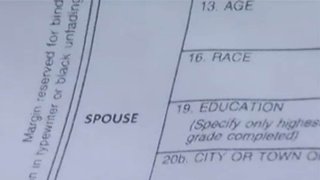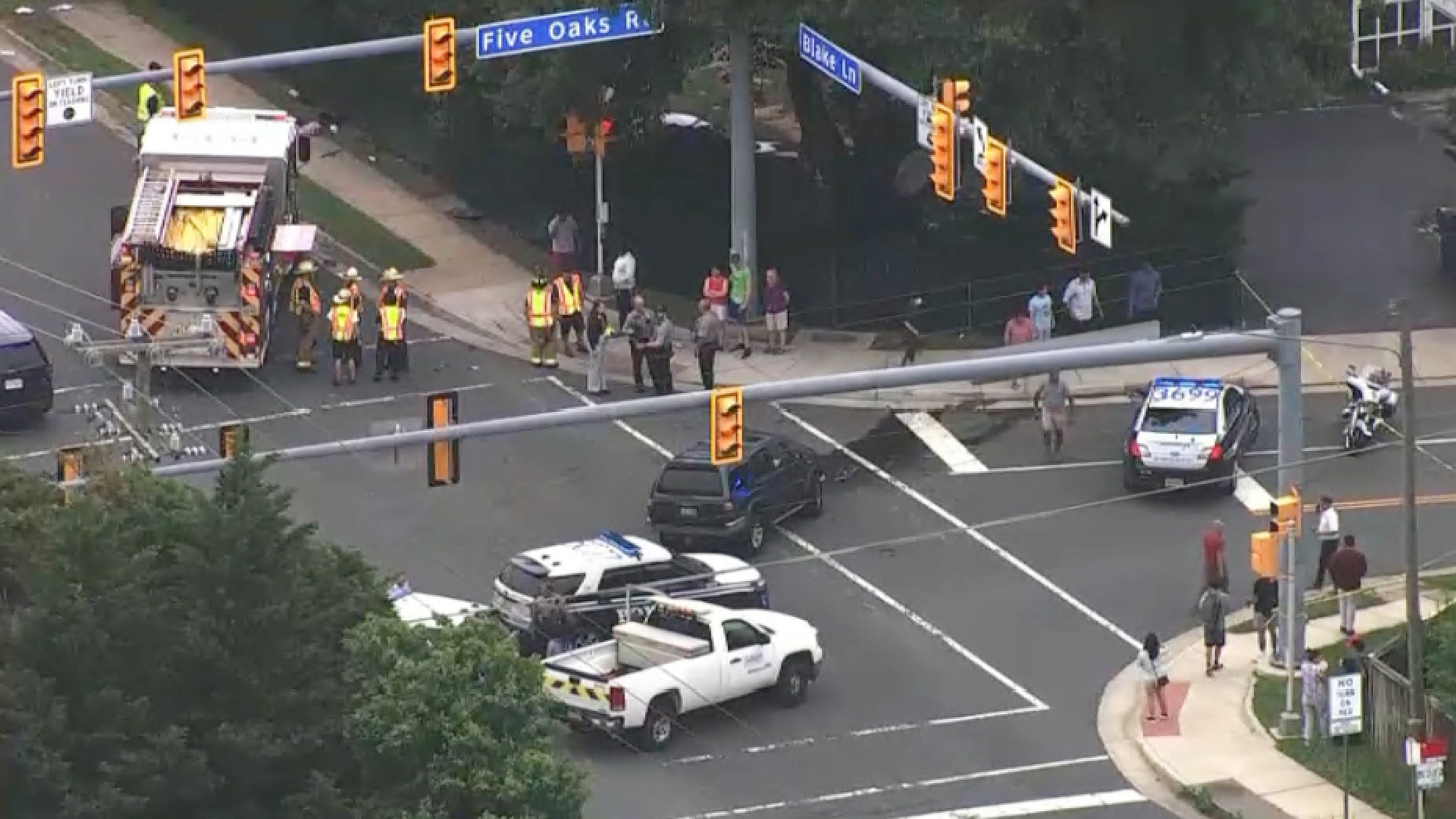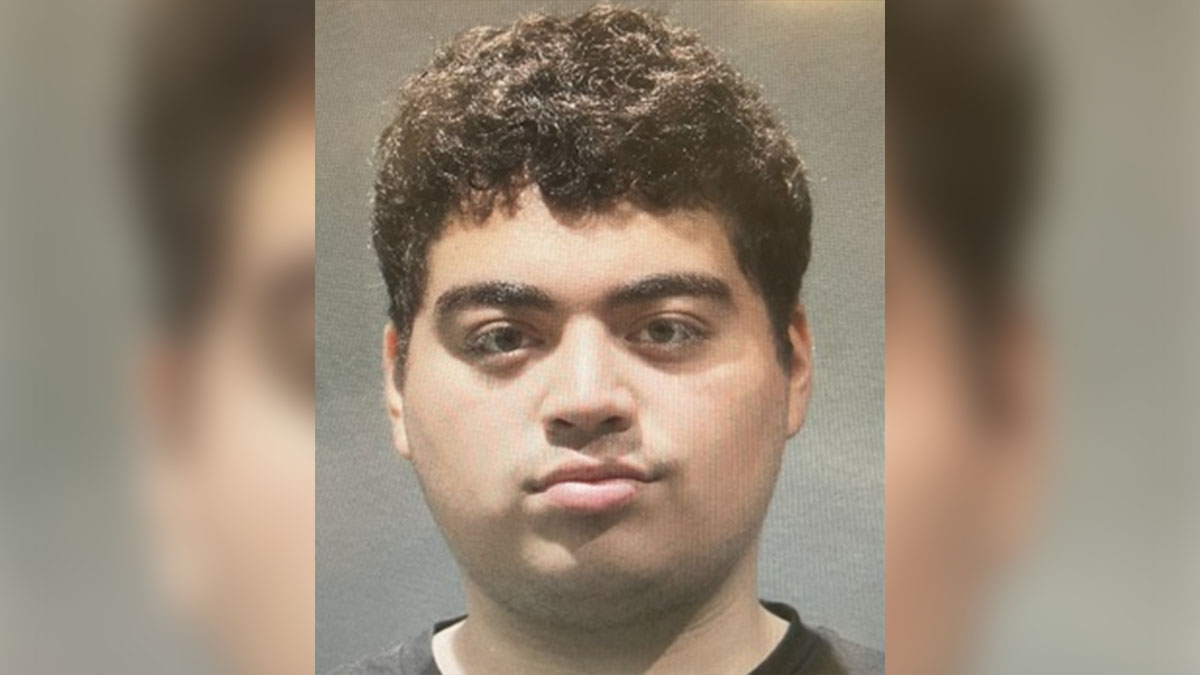
When William Christiansen married his college sweetheart, he was disturbed that they had to disclose their race to the registrar, considering they are an interracial couple.
“It reminded me and my wife of a time when interracial couples were unable to get married,” said Christiansen. “It's an unneeded reminder of the discriminatory practices that dominated the South during Jim Crow.”
Both chambers of the General Assembly passed legislation to eliminate the race requirement on the marriage license application. Under Senate Bill 62, married couples will not have to disclose their race when filing marriage records, divorce and annulment reports to the state registrar.
The bill was introduced by Sen. David Suetterlein, R-Roanoke. The legislation moved through every committee and legislative chamber without opposition from any lawmaker.
We're making it easier for you to find stories that matter with our new newsletter — The 4Front. Sign up here and get news that is important for you to your inbox.
“Asking for race seems completely unrelated to whether a state should recognize a marriage,” Christiansen said. “It sends a signal that those in charge of policy related to marriage applications care little about removing the legacy of discriminatory practices of their predecessors.”
Under current law, the race of the marrying parties along with other personal data is filed with the state registrar when a marriage is performed in the commonwealth.
A lawsuit filed in September 2019 sparked the bill after three Virginia couples refused to declare their race while applying for marriage. The lawsuit resulted in Attorney General Herring declaring that couples applying for marriages would not be forced to disclose their race to the registrar.
Local
Washington, D.C., Maryland and Virginia local news, events and information
“This is another Jim Crow law that should have been out of the books and I’m so grateful that the younger generation isn't judging people based on color of skin,” said Sen. Lionell Spruill Sr., D-Chesapeake.
In October 2019, a federal judge struck down the race requirement as unconstitutional. Judge Rossie D. Alston Jr. found that the law violated due process under the 14th Amendment. Alston said the law didn’t hold scrutiny against the U.S. Constitution.
“This new generation is much different,” Spruill said. “During my time, whites and blacks were thought of more differently.”
Other measures to repeal antiquated state laws were introduced during the 2020 General Assembly session. The General Assembly passed legislation that removes the crime of premarital sex, currently a Class 4 misdeameanor.
“We are looking at old laws created by an older white establishment and just removing those,” Spruill said. “It's another step to say whites and blacks have the right to do what they want to do.”
Virginia is home to the landmark U.S. Supreme Court decision Loving v. Virginia that overturned laws banning interracial marriage. In 1958, a judge sentenced Richard and Mildred Loving to a year in prison for marrying each other. He suspended the sentence for 25 years if the couple moved to the District of Columbia. After the Supreme Court of Virginia upheld their sentences, the U.S. Supreme Court overturned their convictions. The court found that the law violated equal protection and due process under the 14th Amendment.
“This made both of us curious why questions like this were still on the application,” Christiansen said. “If people are of age, they should only need to identify them via Social Security number or something similar.”
___
This article was provided to The Associated Press by Virginia Commonwealth University Capital News Service.



